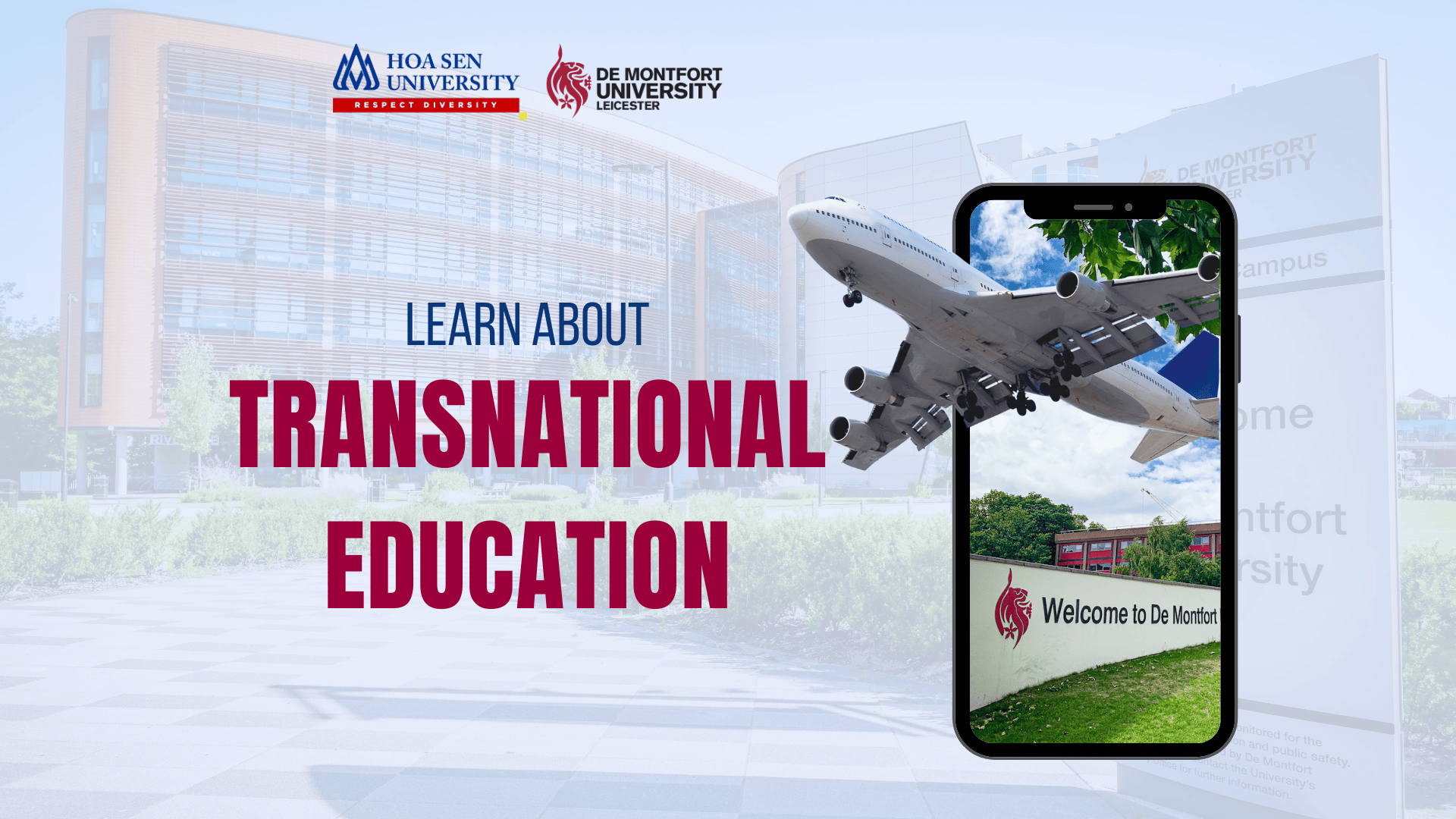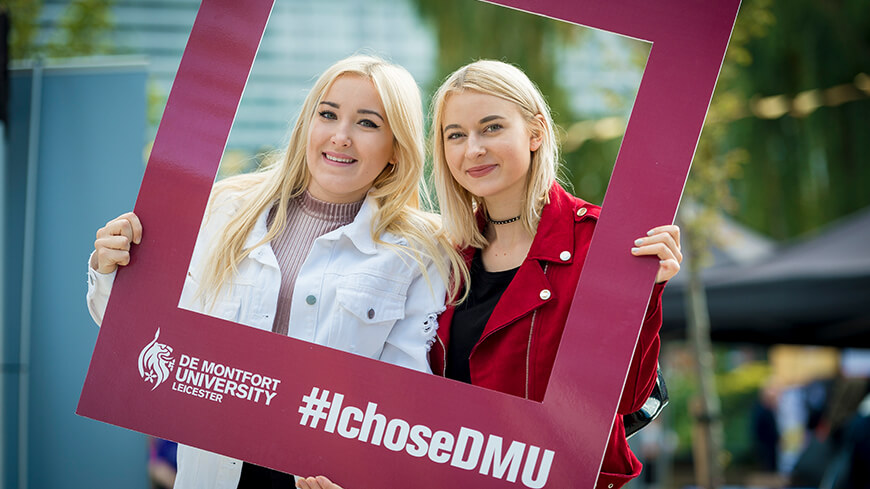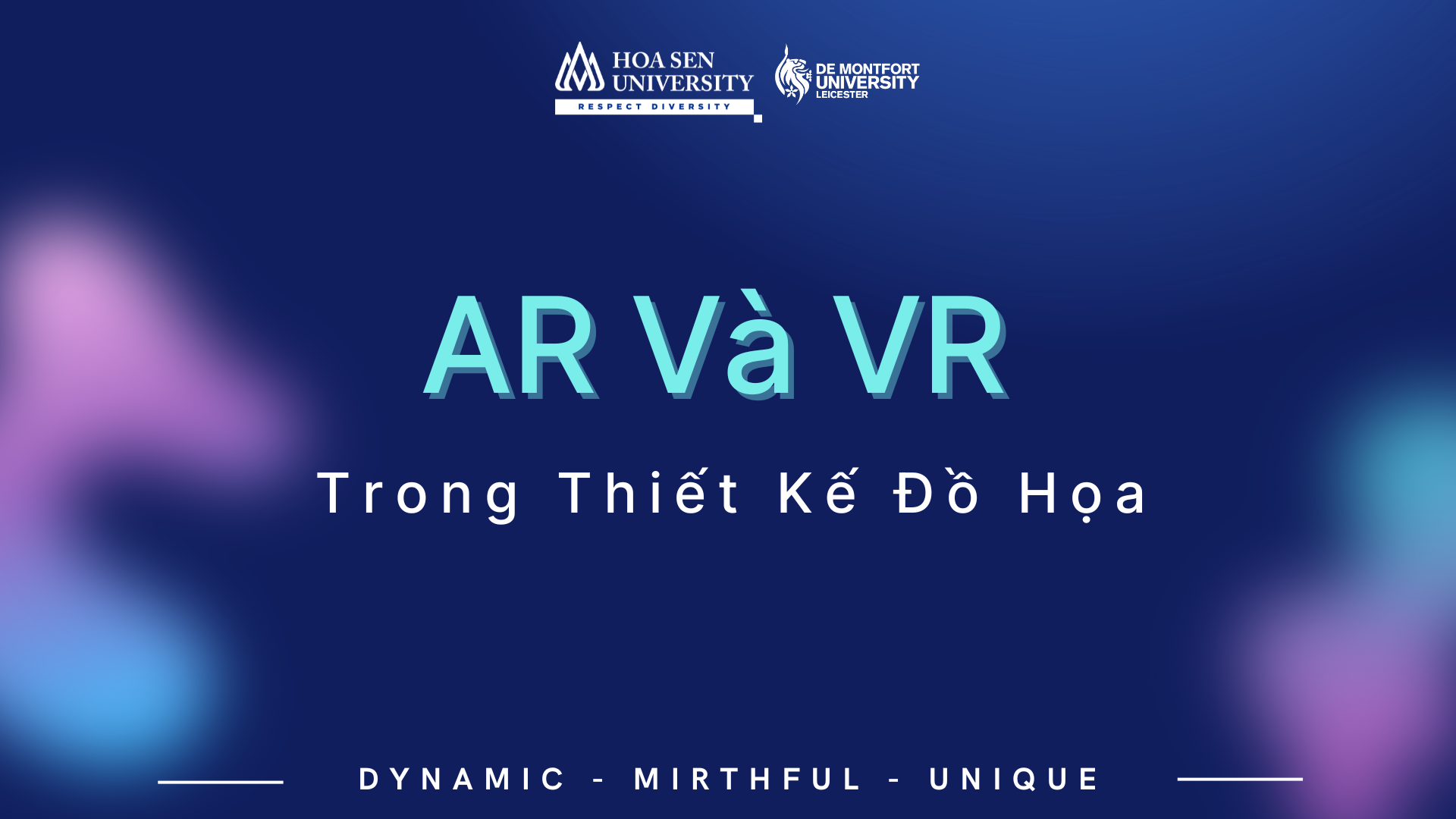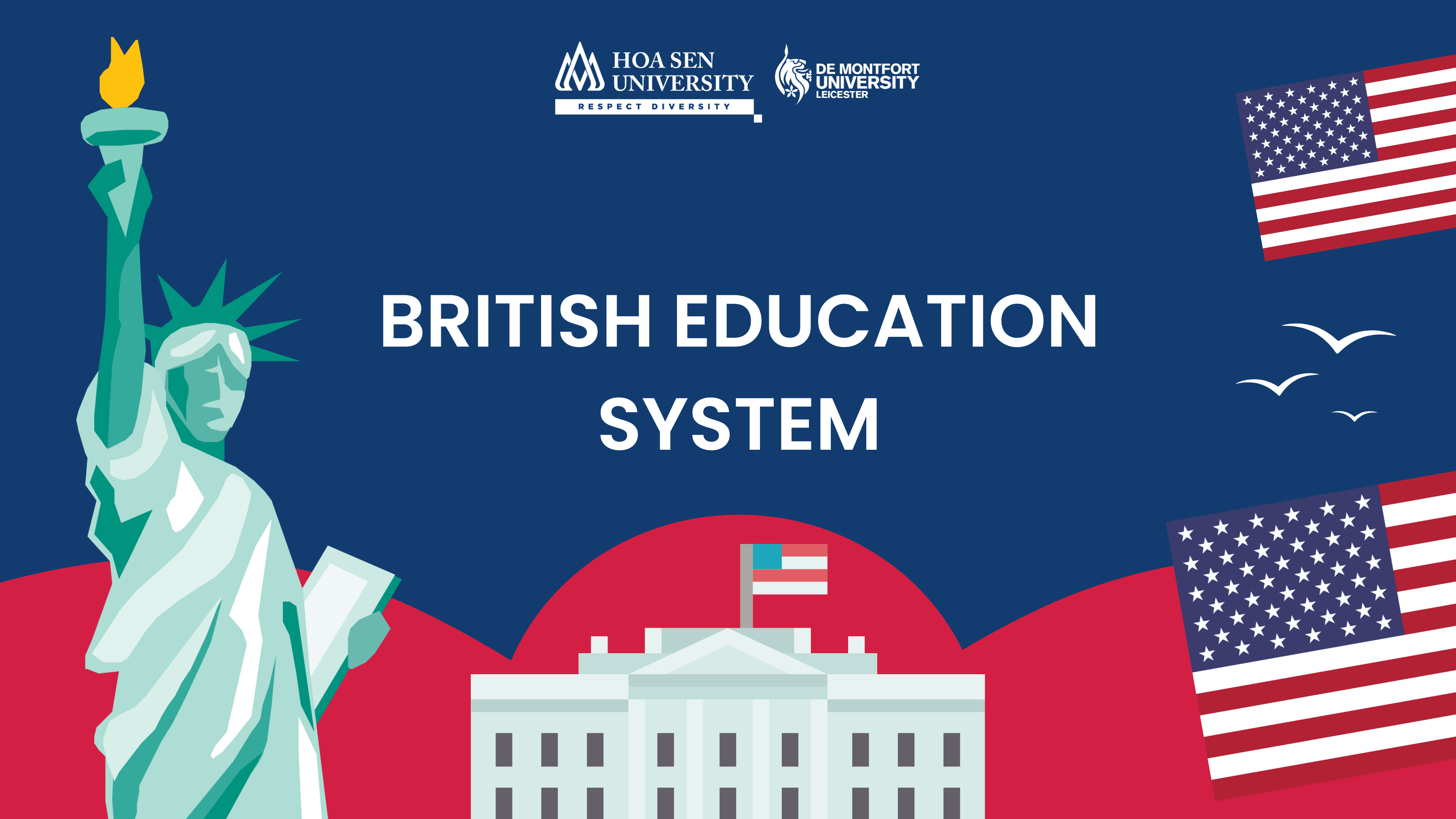What Is Transnational Education? Discover De Montfort University – HSU Vietnam
What is transnational education, and how does it benefit students in the future? In today’s era of globalization, these programs have become a modern educational trend, allowing students to access international degrees without leaving their home country. Let’s dive deeper into the concept and the advantages of transnational education, especially the opportunities provided by De Montfort University – HSU Vietnam.

1. What is transnational education?
Transnational education (TNE), also known as cross-border education, is an educational model that enables students to access international curricula and degrees without studying abroad full-time. It is a collaboration between local universities and international partners to offer globally recognized degrees or international certifications.
These programs emphasize the connection between global education systems, making it possible for students in Vietnam to study in an international model at a fraction of the cost of traditional overseas education.
2. Benefits of studying in a transnational education program
- Earn an internationally recognized degree in Vietnam
One of the biggest advantages of transnational education is that students can earn a globally recognized degree without having to study abroad full-time. This reduces financial pressure while ensuring the degree holds equal value to those obtained abroad.
- International learning environment
Students have the opportunity to study with international faculty and classmates from various countries. This enhances cross-cultural communication skills and provides deeper insights into global perspectives.
- Cost-effective, high-quality education
Compared to full-time study abroad, transnational education significantly reduces expenses, including tuition fees and living costs. This is an ideal choice for students seeking quality education while maintaining financial flexibility.
- Global skill development
Students train in an international learning environment, gaining adaptability for global job markets. Additionally, skills such as communication, critical thinking, and teamwork are continuously developed.
- Expanded career opportunities
Holding a degree from an international university gives students a competitive edge when applying to multinational corporations or seeking overseas job opportunities.
- Cultural exchange & global exposure
Studying in a diverse environment allows students to understand different cultures, making them more open-minded and adaptable in international workplaces.
3. Popular models of transnational education
Transnational education programs involve collaborations between local universities and international partners, offering students access to high-quality curricula and globally recognized degrees. The two most common models are Franchise and Pathway programs.
3.1 Franchise model
The franchise model in education includes two main forms:
3.1.1 Education Franchise
In this model, an international university authorizes a local institution to deliver specific courses or programs. The local institution adheres to the international university’s curriculum and quality standards, while the degree is awarded by the international university. This allows students to access high-quality education without traveling abroad.
3.1.2 Branch Campus
In this model, international universities establish branch campuses in foreign countries, offering the same curriculum as their home institution. Students benefit from world-class facilities and international education quality while studying in their home country. Some notable international universities with branch campuses in Vietnam include:
- RMIT Vietnam
- Western Sydney University Vietnam
- Swinburne Vietnam
- British University Vietnam (BUV)
- Greenwich Vietnam
3.2 Pathway programs (Transfer)
Pathway programs, or credit transfer programs, allow students to begin their studies at a local institution before transferring to an international partner university to complete their degree. The duration of study in each location varies, such as:
- 2+1 pathway: Two years in Vietnam, one year abroad
- 1+2 pathway: One year in Vietnam, two years abroad
After completing their studies, students receive a degree from the international university.
Advantages of Pathway programs:
- Cost savings: More affordable compared to full-time overseas education
- Gradual adaptation: Helps students familiarize themselves with international academic environments
- Flexible timeline: Students can choose the most suitable transition period
In Vietnam, many transnational education programs offer both Franchise and Pathway models, allowing students to complete part of their studies in Vietnam and the rest at international partner universities. The choice between these models depends on students’ financial capability, study goals, and career aspirations. Both options provide access to global education and internationally recognized degrees.
4. Where to study transnational education in Vietnam?
If you’re looking for a high-quality transnational education program in Vietnam, De Montfort University – HSU Vietnam is an excellent option. This program is a collaboration between HSU Vietnam and De Montfort University (DMU), a prestigious UK university.

4.1 Why choose De Montfort University – HSU Vietnam?
- Globally accredited curriculum: The program is directly delivered by De Montfort University, ensuring students receive a top-tier international education in Vietnam.
- International faculty: Learn from experienced lecturers from various countries, gaining diverse perspectives and teaching methods.
- Modern learning environment: State-of-the-art facilities that support academic and personal development.
- Diverse study programs: Offers in-demand fields such as Marketing, Graphic Design, and International Business—industries with high job market demand.
- Flexible study pathways: Students can choose to complete their degree entirely in Vietnam or transfer to De Montfort University in the UK.
4.2 What makes De Montfort University – HSU Vietnam unique?
Unlike other transnational education programs, De Montfort University – HSU Vietnam provides more than just an international degree. It nurtures a global mindset, essential soft skills, and international networking opportunities from day one. With its guiding philosophy of “Dynamic – Mirthful – Unique,” the program consistently delivers the best educational experiences to students.
5. Conclusion
Transnational education is shaping the future of global learning, offering students the opportunity to earn an international degree in Vietnam. Whether through franchise or pathway programs, students can choose the best-suited route to achieve their career aspirations.
If you’re seeking a high-quality program, De Montfort University – HSU Vietnam is an outstanding choice. With its collaboration between HSU Vietnam and De Montfort University (UK), this program provides not only a strong academic foundation but also a gateway to international career opportunities.
Read more:
- Block Teaching – A Modern Teaching Method to Optimize Higher Education Efficiency
- Studying in the UK Without Going Abroad: Is It True?
- Study International Bachelor’s Degrees in 3 Popular Majors: Marketing, International Business, Graphic Design at Hoa Sen – De Montfort
——————————————–
CONSULTATION CONTACT: De Montfort University – HSU Vietnam (Institute of International Education)
Apply online here
Register for consultation here
📍 Address: Room 804, 8th floor, 08 Nguyen Van Trang, Ben Thanh Ward, District 1, Ho Chi Minh City Phone: 028 7309 1991 (Ext: 4792)
Hotline: 0888 275 276
Email: demontfort@hoasen.edu.vn
Website: www.hoasen.edu.vn/demontfort/















